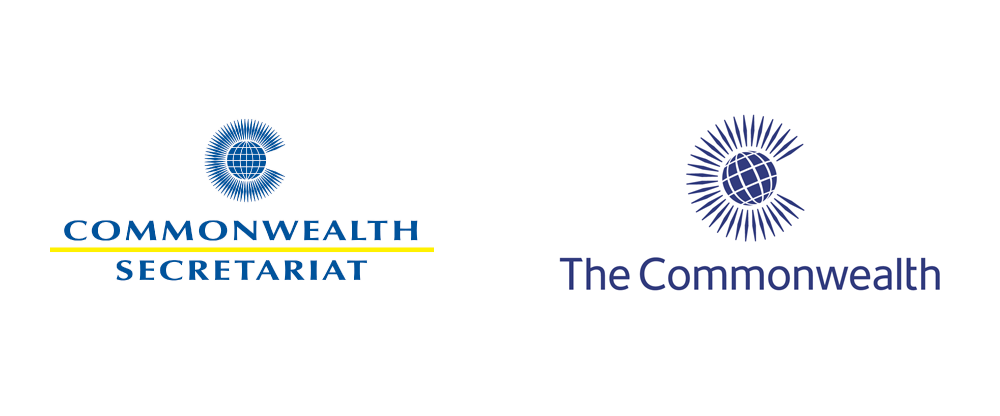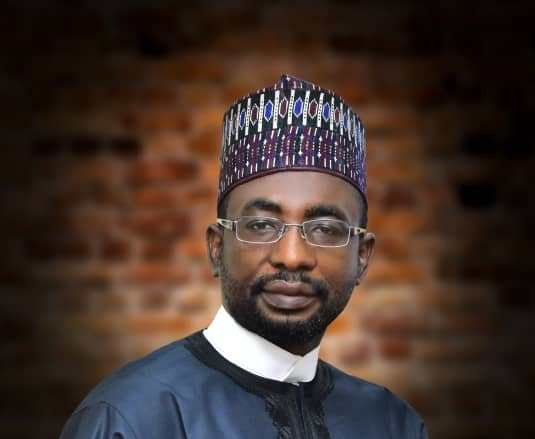The Commonwealth Secretariat today announced the launch of the Commonwealth Africa Cyber Fellowship programme to support member countries strengthen their cybersecurity and anti-cybercrime laws, policies and institutions.
The fellowship programme, which is being launched in partnership with Protection Group International (PGI) and with financial backing from the United Kingdom’s Foreign Commonwealth and Development Office (FCDO), will facilitate collaboration between cybersecurity and cybercrime experts from Commonwealth member countries in Africa and empower them by providing access, exposure, and training.
Dr Tawanda Hondora, Head of the Rule of Law Division at the Commonwealth Secretariat, said:
“At the Commonwealth Secretariat, we are constantly seeking new ways to assist member countries to build their capacity to fully leverage the benefits of the digital age.
“This flagship programme will create a robust community of excellence in Africa that leads the design and implementation of digital technologies and effective cybersecurity and anti-cybercrime frameworks.
“We couldn’t be more grateful that our collaboration with the FCDO and PGI has helped the Commonwealth Secretariat establish the fellowship programme, which will help us to learn from the fellows, who are experts in their fields of practice, and facilitate collaboration between member countries.”
The fellowship was established in 2017 by PGI with financial support from the United Kingdom’s FCDO as a network of cyber security policy experts and was formerly called the African Cyber Experts Fellowship. Following a one-year transition period, the fellowship will now be housed and managed by the Commonwealth Secretariat.
Olly Jones, from PGI’s Cyber Capacity Building Specialist, added:
“We couldn’t be more delighted that we are handing over to the Commonwealth Secretariat a vibrant network whose members are drawn from 12 Commonwealth member countries. It has offered opportunities for learning and sharing of experience between experts drawn from governments, industry and academia.”
$3.5 billion lost to cybercrime in Africa
Cybercrime is one of the most pressing challenges plaguing economic activity in Africa. The launch and expansion of the fellowship programme comes at a time when the growth in the size and sophistication of cybercrime in Africa has been unprecedented. Recent reports estimate that cybercrime has cost the African economy $3.5 billion USD, and as a result, stalled economic and industrial development, destroyed lives and livelihoods, shredded social fabrics, and increased the exploitation of vulnerable communities, including women, girls and the elderly.
The fellowship was launched during the Commonwealth African Cyber Fellows Conference, which is currently underway in Nairobi, Kenya. During the two-day conference, Fellows will explore solutions required to address the increasingly complex types, scale, and impact of cybercrime in Africa. They will also consider options for African countries’ involvement in different anti-cybercrime treaty frameworks, including efforts initiated by the United Nations General Assembly, to create a global cybercrime treaty.
Today’s launch also follows the adoption of the Commonwealth Cyber Declaration during the 2018 Commonwealth Heads of Government, which recognised that a free, open, inclusive and secure cyberspace can help to foster economic growth for all communities as part of efforts to achieve the United Nations Sustainable Development Goals.
Global water scarcity is ‘code red’ for humanity, the answer is private finance
Half the world is now facing droughts, floods and filthy water – and the problem urgently requires huge amounts of private finance, warns the CEO of one of the world’s largest independent financial advisory, asset management and fintech organisations.
The warning from deVere Group’s Nigel Green comes as Italy declares a state of emergency amid the worst drought in 70 years.
Elsewhere, Lake Mead, the largest reservoir in the United States, which provides water for tens of millions of people and countless acres of farmland in the southwest, is now just one-quarter full.
Meanwhile, once again Sydney is flooded as the impact of the climate crisis becomes the new normal for Australia’s most populous state.
Nigel Green says: “There’s no doubt that all around the world the fallout of the growing climate crisis is accelerating.
“The UN’s Intergovernmental Panel on Climate Change has warned in a report that more than half the world’s population faces water scarcity for at least one month every year, others will be hit by regular severe floods, previously only seen once-in-a-generation, while others have access to only dirty water.
“This is now being played out in real-time every time you look at the news.”
He continues: “A failure to get a grip on this emergency is going to produce catastrophic, irreversible consequences later.
“The response will require political and social determination on a global scale.
“But, critically, it will also require tens of trillions of dollars. As governments alone cannot afford this now, especially with slowing economic growth amongst other headwinds, the solutions demand private financing.”
As such, notes the deVere Group CEO, the financial sector needs now needs to become more proactive to “unleash and mobilise” the funds required.
He is calling for never-before-seen levels of cooperation between financial advisories, insurance firms, banks, wealth and asset managers, investment companies, fintech groups, banks, and auditors in the fight against climate change.
“Governments around the world have proven themselves to be slow – at best – at responding to the urgent ‘code red’ situation’ we’re facing.
“Therefore, the financial industry must step-up. If we don’t, the level of funding will not be available, nor at the pace necessary, to mitigate human-created global warming.”
Nigel Green concludes: “Climate change is the greatest risk multiplier to our planet, to our communities, and to our way of life.
“It will take huge amounts of private financing to halt its impact.
“The onus now falls on the financial sector to help mobilise and unlock the necessary funds through education and robust, impactful investment solutions.”








